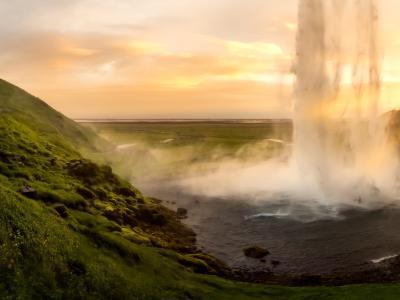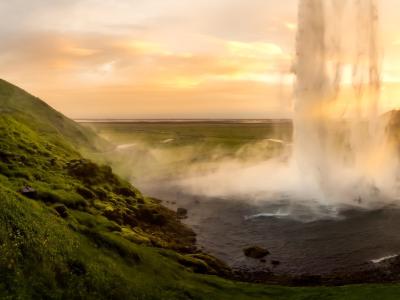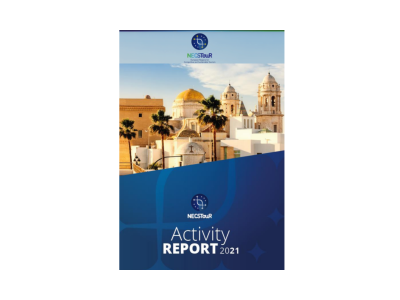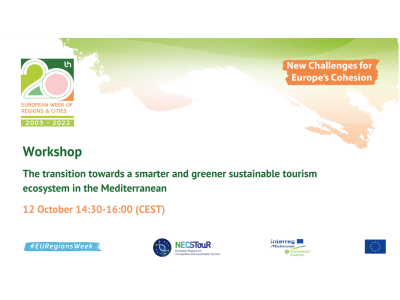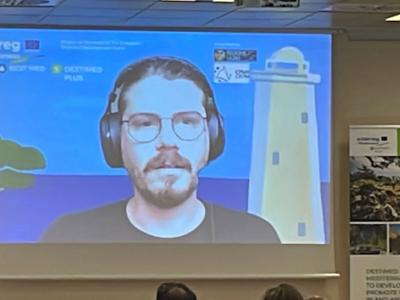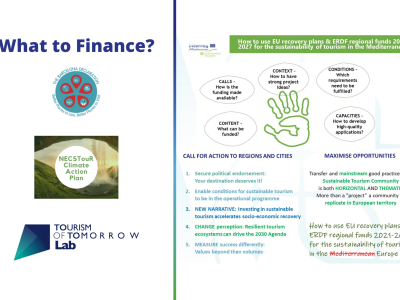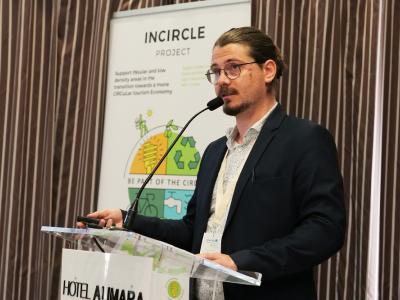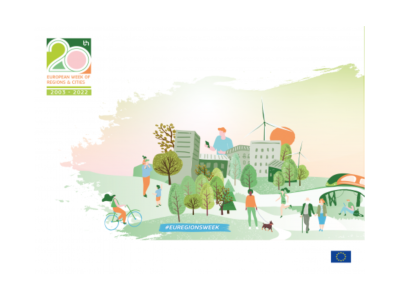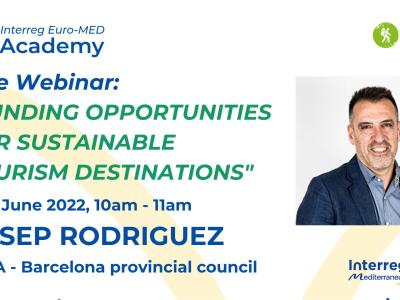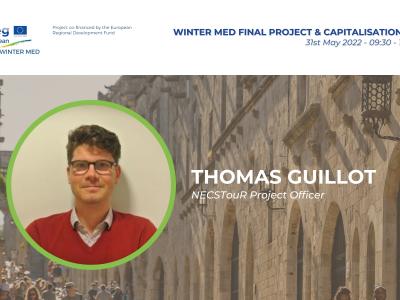Project Summary
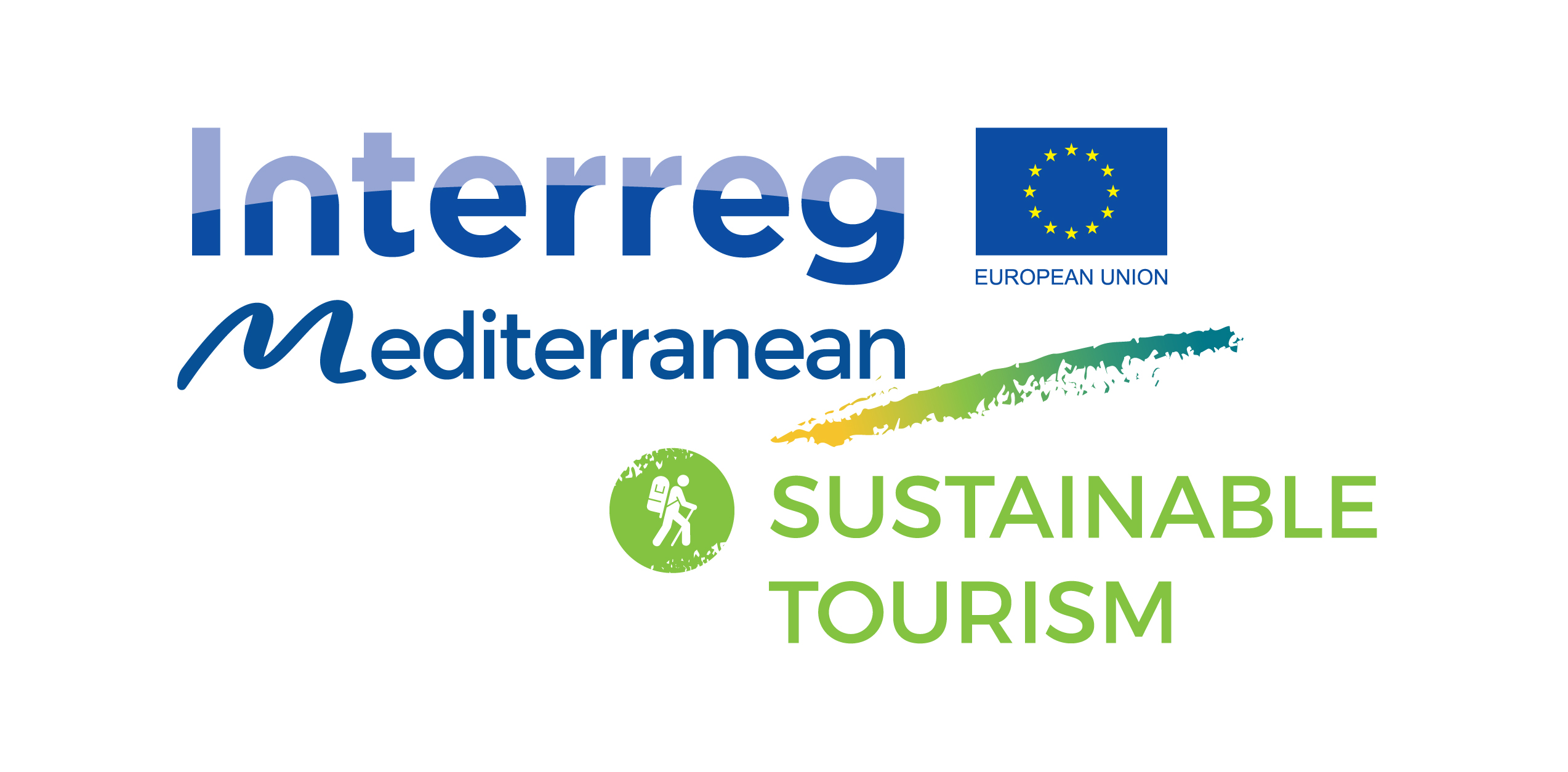
AIM:
Created on the continuation of the BlueTourMED project, The MED Sustainable Tourism Community is the second generation of an horizontal project aiming to find solutions for the protection and promotion of natural and cultural resources in the Mediterranean area through a coherent strategy of Community Building, Communication and Capitalisation.
What is the goal of the MED Sustainable Tourism Community?
"Despite its economic and social importance, tourism development is exerting undue pressures on natural and built environment. These pressures may threaten the quality of life of local populations, degrade the tourism assets and, by consequence, affect negatively future tourism developments. Exploiting the full potential of tourism requires an innovative approach and sustainable basis. Therefore, effective strategies and targeted integrated actions should be developed and implemented across the Mediterranean region."
Created in November 2016 within the framework of the Interreg MED Programme, the MED Sustainable Tourism Community has been renewed for a three-year period till June 2022 to make tourism a real driver for inclusive and sustainable growth.
Since 2019, five new territorial cooperation projects have joined the Community that now gathers 22 projects co-funded by the European Regional Development Fund (ERDF), almost 300 organisations (public authorities, private companies, universities, NGOs and international organisations) active in 12 European-Mediterranean coastal areas. Besides, two Strategic Projects, approved in October 2019, focusing on governance of sustainable tourism will join forces with the Community.
Role of NECSTouR:
The project partners are the Deputacion of Barcelona (DIBA), Arco Latino, the Mediterranean Universities Union (UNIMED), Plan Bleu, University of Thessaly (UTH), the Adriatic Ionian Euroregion (AIE), the Regional Development Agency of Green Karst (Slovenia) and NECSTouR.
NECSTouR permanent secretariat is one of the new partners in the community, leading the work package aiming for the capitalisation of the knowledge generated by the modular projects into tourism and cohesion policies at different level of decision (local, regional, national and European). The capitalisation will be made through cooperation events and regional working groups.
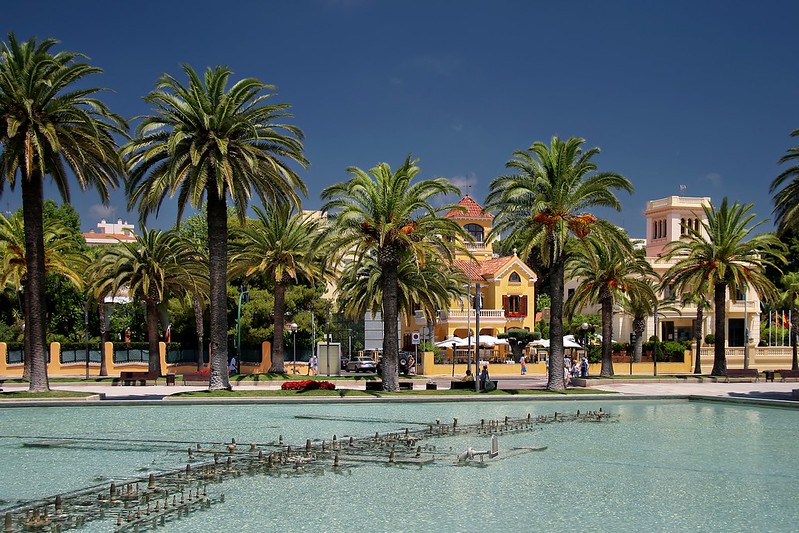
STC Handbook on EU Funding
The Handbook informs public authorities and tourism stakeholders in the Mediterranean about funding opportunities for projects contributing to sustainable tourism using two of the most important EU funding instruments, the Recovery and Resilience Facility (RRF) and the European Regional Development Fund (ERDF). They offer important funding opportunities for tourism at local and regional level. The guidance aims to inspire and advise readers to best prepare for absorbing these funds at regional and local levels.
News and Best Practices
Be Travel Onlife 2022
On 29-30 November 2022, Tuscany Region organised the Be Travel Onlife Conference in Florence.
As partner of the event, some of the NECSTouR members shared their best practices and inspired a number of panels.
Don't miss our interview with intoscana.it!
Climate Action Plan Workshop
In the framework of the NECSTouR Climate Action Plan (CAP) strategic initiative, a workshop has been organised on the 22nd of September in Barcelona to support members to deliver climate action; promote good practices; provide information and guidance to support the implementation of the EU
Living Lab: NECSTouR Climate Action Planning Workshop
When: 22nd September, 14:30 – 16.00 CET – Barcelona
NECSTouR Activity Report 2021
In 2021, through working together with our members and partners, NECSTouR accomplished our strategic objectives and a variety of important achievements. Our Activity Report 2021 outlines this work and provides an overview of what that went into making 2021 another successful year for us.
Download the Activity Report 2021
NECSTouR workshop: "The transition towards a smarter and greener sustainable tourism ecosystem in the Mediterranean"
Within the framework of the European Week of Regions and Cities, on 12 October 2022, NECSTouR is organising a workshop and final event of the Sustainable Tourism Community (STC): "The transition towards a smarter and greener sustainable tourism ecosystem in the Mediterranean".
The European Commission published the first pledges to the Tourism Transition Pathway
The Commission published a first summary of stakeholders committments to the Tourism Transition Pathway (TTP) to highlight interesting messages and great examples, including the one from NECSTouR and those Members Regions that already shared their committment to the TPP.
NECSTouR wants to help build the future of BEST MED and DESTIMED PLUS
NECSTouR was invited to take part in the policy session of the joint final event of the Interreg MED projects DESTIMED PLUS and BEST MED, hosted in Rome by Lazio Region on June 21. The event brought together key actors in the field of sustainable tourism and conservation to discuss how to better connect and integrate the initiatives of both projects. Thomas Guillot, project officer in NECSTouR took part in the session on “International and European Tourism policies for sustainable and responsible tourism”.
NECSTouR Intervenes in High-Level "Transition of EU tourism – EU Funding Opportunities" Webinar
On 20 June 2022, NECSTouR's Director presented testimony and good practices of using EU funds for tourism in practice at the "Transition of EU tourism – EU Funding Opportunities" Webinar, organised by the European Commission and Committee of the Regions.
NECSTouR showcases good practices for the four pillars of InCircle
Thomas Guillot, project officer in NECSTouR permanent Secretariat, was invited to deliver a keynote on the “main bottlenecks and opportunities for Sustainable tourism in the Mediterranean” during the Interreg MED InCircle final event in Barcelona, taking place one day before the II MED Sustainable Tourism Convention.
European Week of Regions and Cities 2022
The European Week of Regions and Cities is an annual four-day event during which cities and regions showcase their capacity to create growth and jobs, implement European Union cohesion policy, and prove the importance of the local and regional level for good European governance. This year #EURegionsWeek 2022 takes place from 10 - 13 October 2022.
Interreg Euro-MED Academy Webinar: "Funding opportunities for Sustainable Tourism Destinations"
In the framework of its online learning programme on Sustainable Tourism and Mobility in the MED, the Interreg Euro-MED Academy organises a webinar on the 17th of June 2022, from 10am to 11am.
NECSTouR supports WINTERMED Policy Recommendations for Better Cooperation in the MED
As WINTERMED’s associated partner and their horizontal angel in the Interreg MED Sustainable Tourism community, NECSTouR was invited to take part in the policy section of WINTERMED Final and Capitalisation Event on May 31st. The theme was "Shared vision and commitment to year-round sustainable tourism in Mediterranean island destinations and beyond", the policy section included the participation of Josiane Cutajar (MEP) and Valentina Superti (European Commission).
Pagination
- Page 1
- Next page
